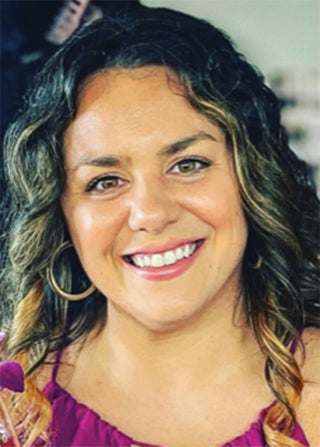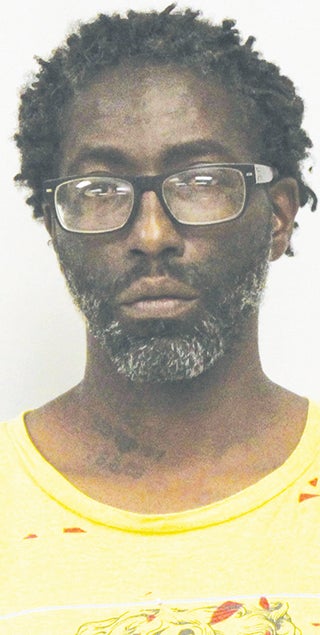Black History: Cheyney first historically black college
Published 9:44 am Thursday, February 4, 2021
|
Getting your Trinity Audio player ready...
|
By Sharon Anderson
For the Enterprise
Listening to the nationally syndicated Tom Joyner Morning Show every morning, I learned a new “Little Known Black History Fact.” While the show is no longer on the air, my love of learning black history has never waned. Thus, during the month of February, known as “Black History Month,” I want to share some black history facts you may not be aware of.
The Higher Education Act of 1965 defines Historically Black Colleges and Universities or HBCUs as, “… any historically black college or university that was established prior to 1964, whose principal mission was, and is, the education for black Americans, and that is accredited by a nationally recognized accrediting agency or association …” Prior to the Civil War, there were no institutions of higher learning for African Americans. In fact, many parts of the United States prohibited the education of black people.
In 1837, Richard Humphreys founded the Institute for Colored Youth in Pennsylvania, created to provide education to students of color. Today, that institution is known as Cheyney University and remains the oldest postsecondary HBCU in the country.
Following the founding of Cheyney University, also in Pennsylvania, was Lincoln University, established in 1854. Lincoln was the first degree-granting institution of higher education for African Americans. Wilberforce University in Ohio, was founded two years later, in 1856, as the first HBCU owned and operated by African Americans.
In 1896, the U.S. Supreme Court ruled in Plessy v. Ferguson that African Americans must be granted “separate but equal” facilities. The reality was institutions of higher learning, like secondary ones, received far less funding than traditionally white schools, in many cases resulting in inferior facilities, equipment and textbooks. In 1954, Plessy v. Ferguson was overturned by Brown v. Board of Education. In this landmark court case, the Supreme Court called for the desegregation of all schools in the United States.
Today, there are 107 HBCUs in the U.S., located in 19 states, the District of Columbia and the U.S. Virgin Islands. The majority are located in former slave states, due in part, to their significant African American populations. HBCUs include community colleges, public and private universities, and specialty institutions, like medical and law schools. There are 12 HBCUs in North Carolina. Shaw University in Raleigh is the oldest, having been founded in 1865. North Carolina Central in Durham is the newest, it was founded in 1910.
Though segregation is no longer the law of the land in the U.S., HBCUs still honor their origins and principal mission, by educating and issuing more degrees to African Americans than non-HBCUs. HBCUs offer all students, regardless of race, the opportunity to “develop their skills and talents.”
Sharon D. Anderson retired from Forsyth Technical Community College in 2020, where she served as dean of Community and Economic Development. A graduate of Davie County High School, she earned her undergraduate degree from N.C. Central University and graduate degrees from The Ohio State University. She serves on the advisory boards of State Employees’ Credit Union (Silas Creek Branch) and Second Harvest Food Bank’s Providence Kitchen, Political Action Committee chair of the Davie Branch of the NAACP. She is active in her undergraduate alumni association, serving as its treasurer. She resides in Bermuda Run, and will write a weekly column on black history every week during February.



